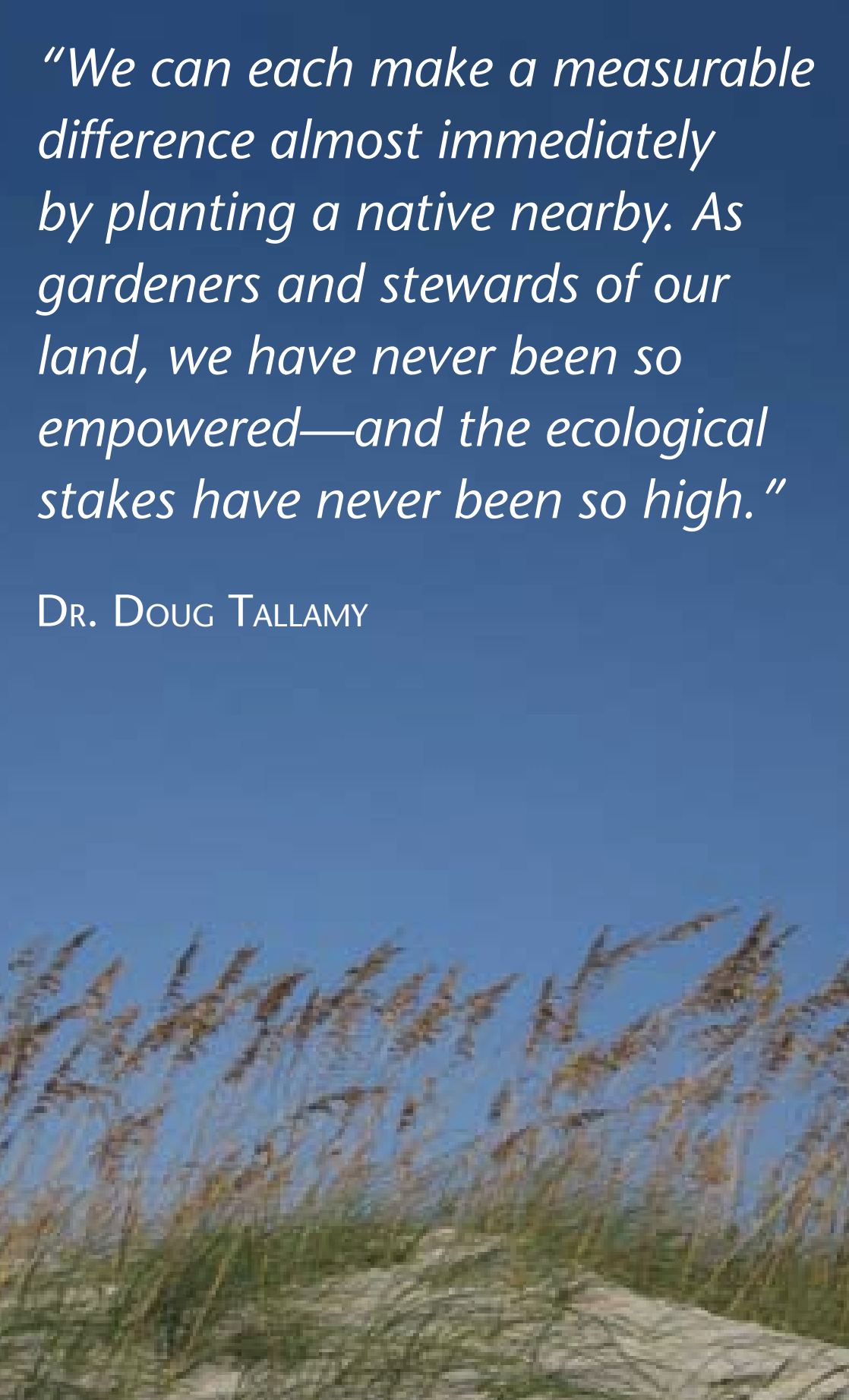Nature at Home
go.ncsu.edu/readext?886312
en Español / em Português
El inglés es el idioma de control de esta página. En la medida en que haya algún conflicto entre la traducción al inglés y la traducción, el inglés prevalece.
Al hacer clic en el enlace de traducción se activa un servicio de traducción gratuito para convertir la página al español. Al igual que con cualquier traducción por Internet, la conversión no es sensible al contexto y puede que no traduzca el texto en su significado original. NC State Extension no garantiza la exactitud del texto traducido. Por favor, tenga en cuenta que algunas aplicaciones y/o servicios pueden no funcionar como se espera cuando se traducen.
Português
Inglês é o idioma de controle desta página. Na medida que haja algum conflito entre o texto original em Inglês e a tradução, o Inglês prevalece.
Ao clicar no link de tradução, um serviço gratuito de tradução será ativado para converter a página para o Português. Como em qualquer tradução pela internet, a conversão não é sensivel ao contexto e pode não ocorrer a tradução para o significado orginal. O serviço de Extensão da Carolina do Norte (NC State Extension) não garante a exatidão do texto traduzido. Por favor, observe que algumas funções ou serviços podem não funcionar como esperado após a tradução.
English
English is the controlling language of this page. To the extent there is any conflict between the English text and the translation, English controls.
Clicking on the translation link activates a free translation service to convert the page to Spanish. As with any Internet translation, the conversion is not context-sensitive and may not translate the text to its original meaning. NC State Extension does not guarantee the accuracy of the translated text. Please note that some applications and/or services may not function as expected when translated.
Collapse ▲Nature at Home Certification Program
Would you like to learn how to make your yard, garden, or porch a healthy habitat for native plants, birds, butterflies, and other wildlife? Are you interested in being part of a movement to restore crucial biodiversity to your home landscape? The Nature at Home program is here to help! Apply now to have Master GardenerSM volunteers visit your property to identify native and invasive plants and share simple practices to better equip your growing spaces to enable pollinators to flourish. If your property doesn’t currently qualify for certification as a wildlife-friendly habitat, we will recommend steps to help you move in that direction. When your property meets the qualifications you will receive an attractive Nature at Home sign to display to help spread the word about what we can do to restore our local ecosystem. If you are not interested in certification and simply want to chat about your garden with knowledgeable volunteers, we are happy to do that.
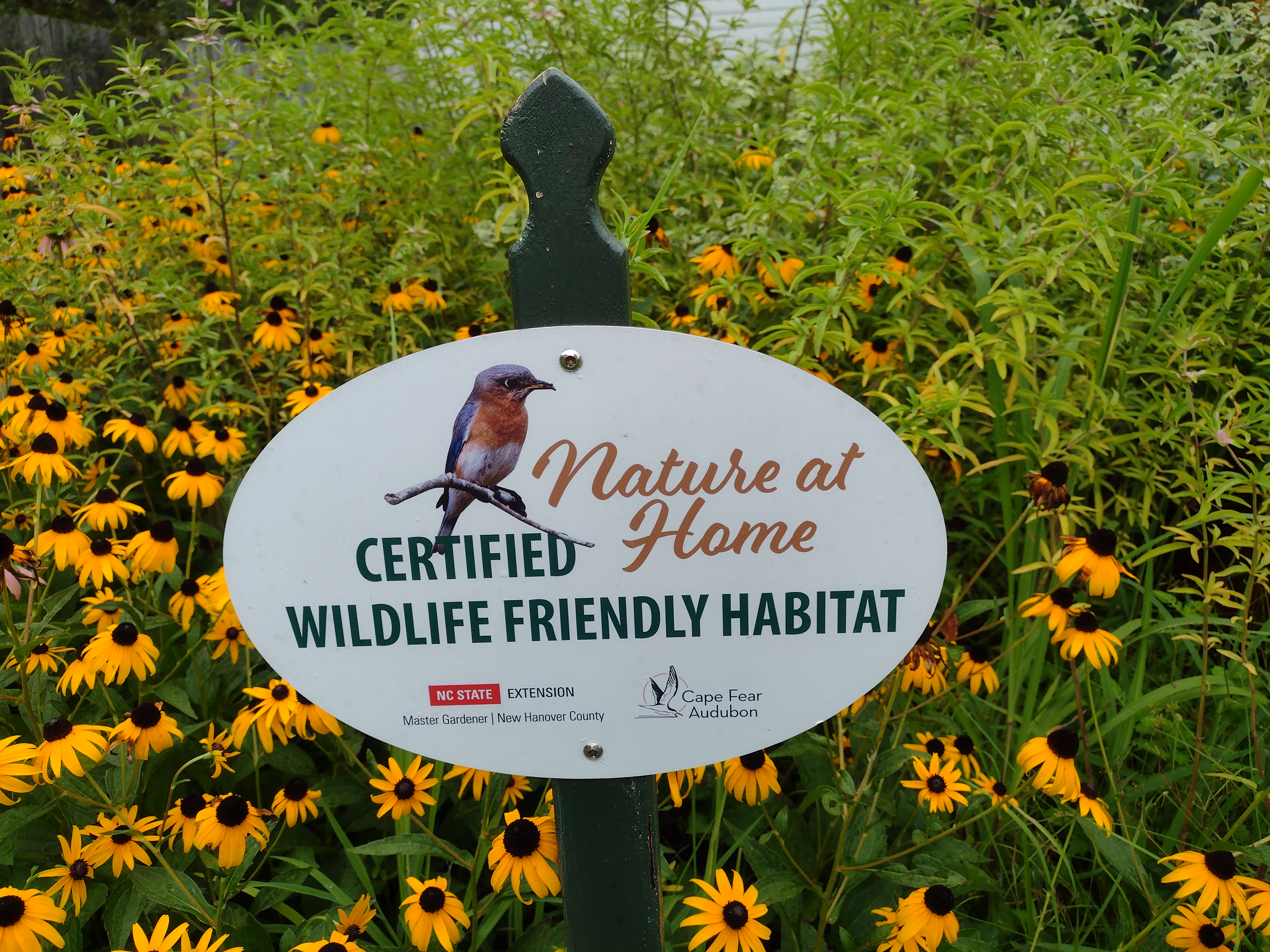 Download Brochure 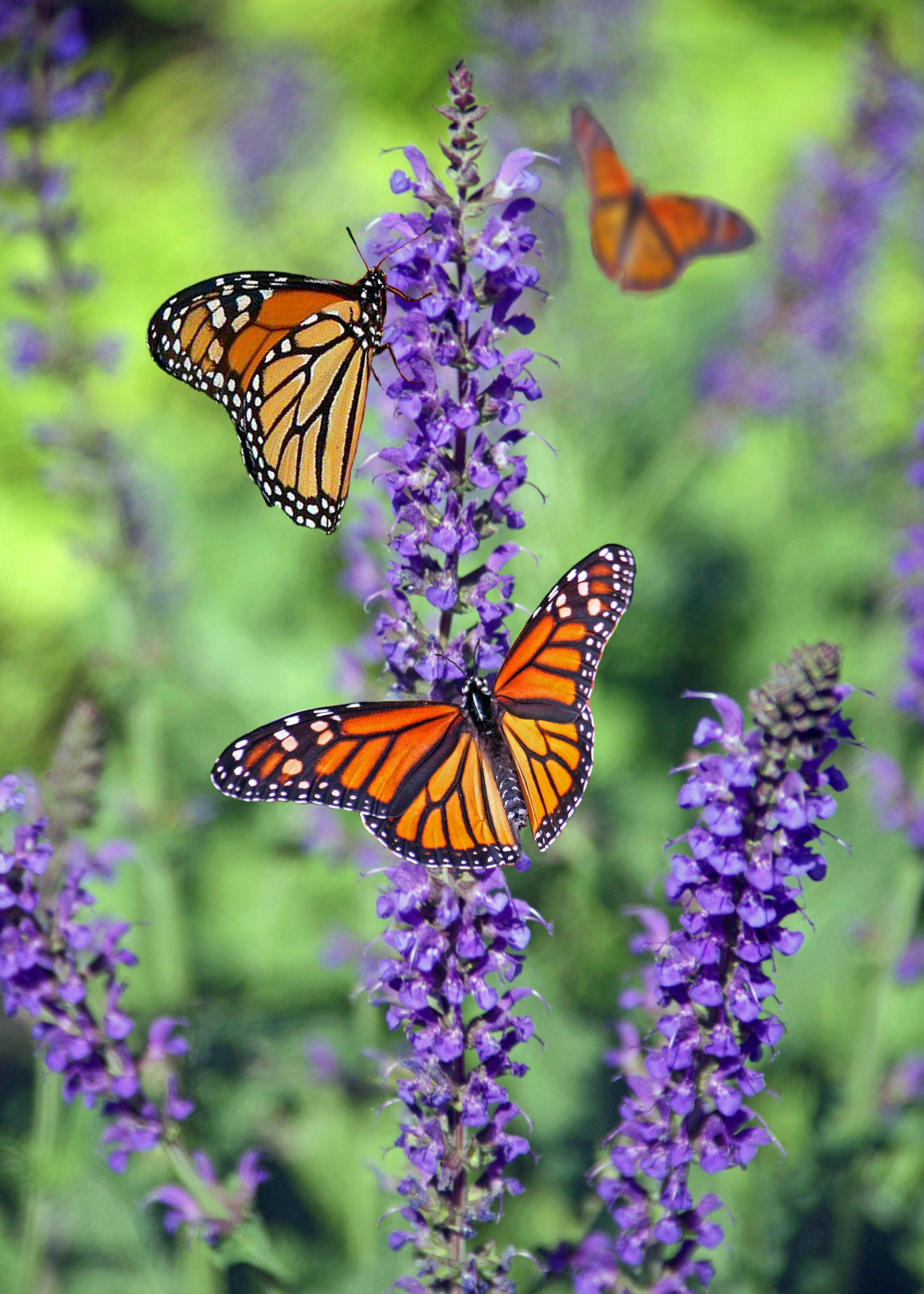
|
The $30 application fee may be paid by mail via a check payable to New Hanover County, OR in person via check, cash, or card. The NC Extension Administration Office is located at the Arboretum, 6206 Oleander Drive, Wilmington NC 28403. As soon as possible after payment has been received and processed, a Nature at Home Ambassador will contact the applicant to schedule a site visit. |
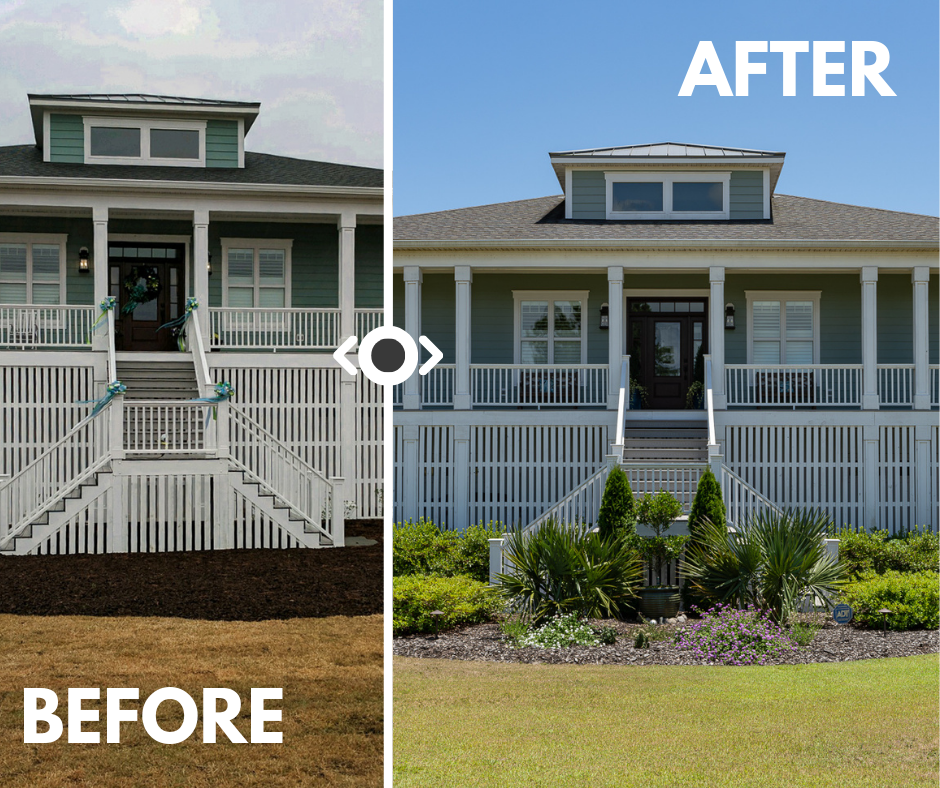
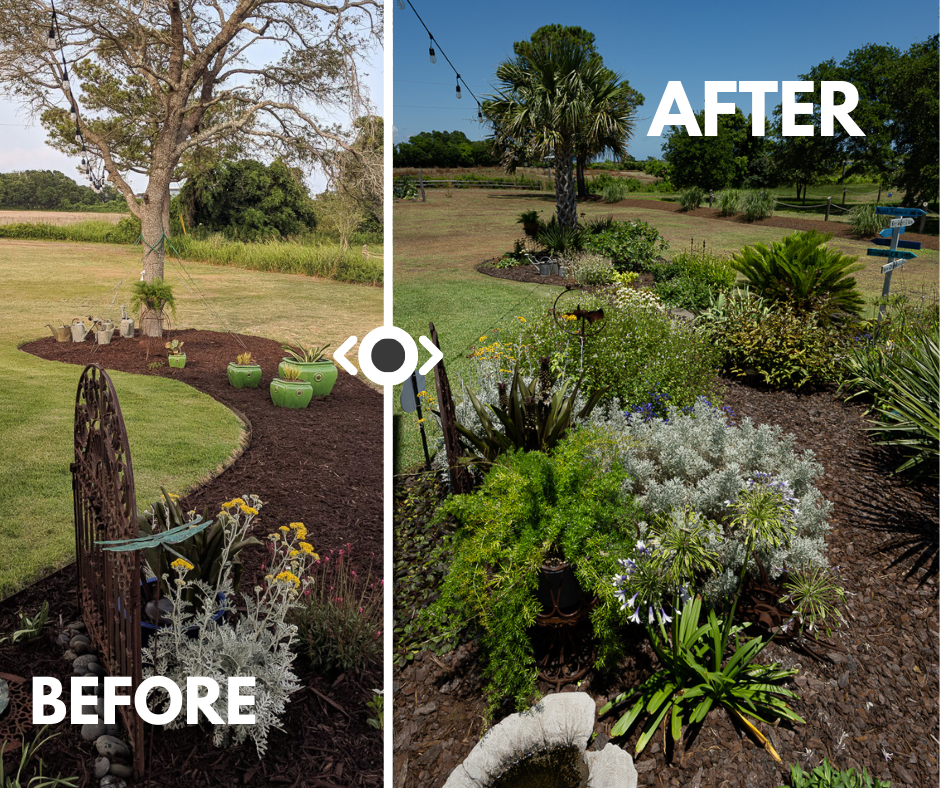
Nature at Home Ambassadors are Master Gardener volunteers with specialized training in native plants, local ecology, and research-based practices for restoring our natural ecosystems to benefit people, birds, pollinators, and other wildlife. Your Ambassador team will review your property in a pre-scheduled site visit that typically lasts one hour. You will also receive a folder filled with helpful resource materials. Within two weeks of the visit you will receive a detailed written report specific to your garden and full of recommendations you can implement. Properties may be certified after a site visit if qualifications are met. If not, a later revisit may be scheduled up to two years later at no additional cost. Our goal is to help your garden to become a wildlife-friendly habitat, and to have a sign to let others know how to do the same.





